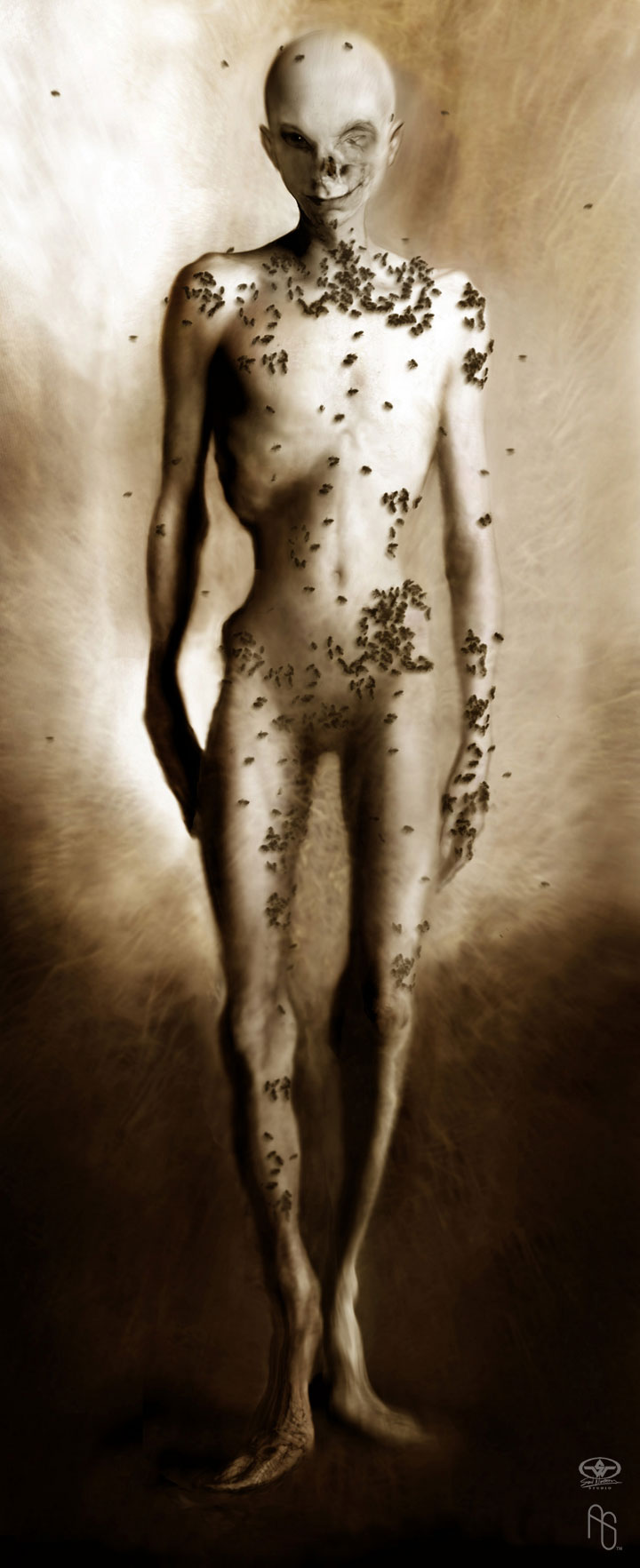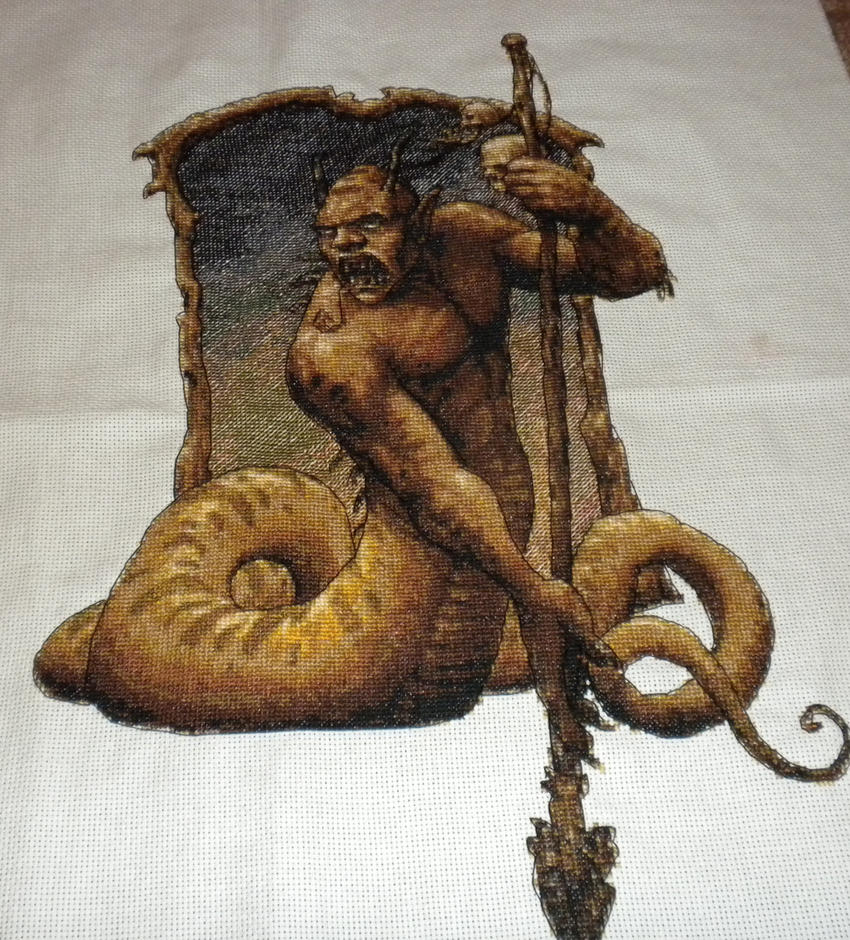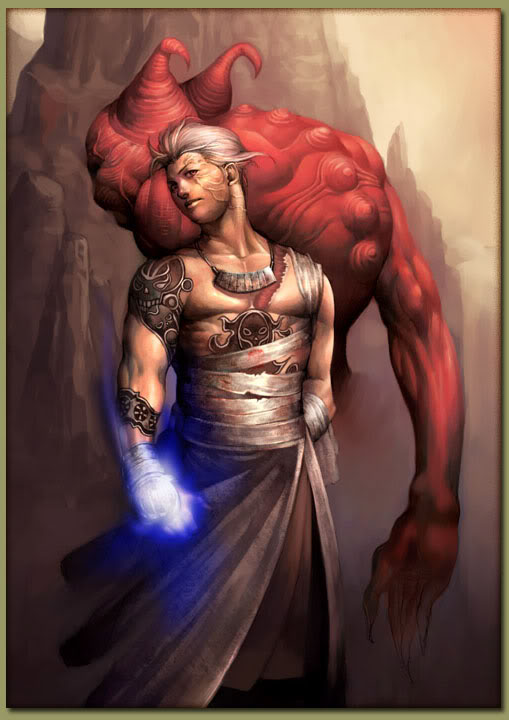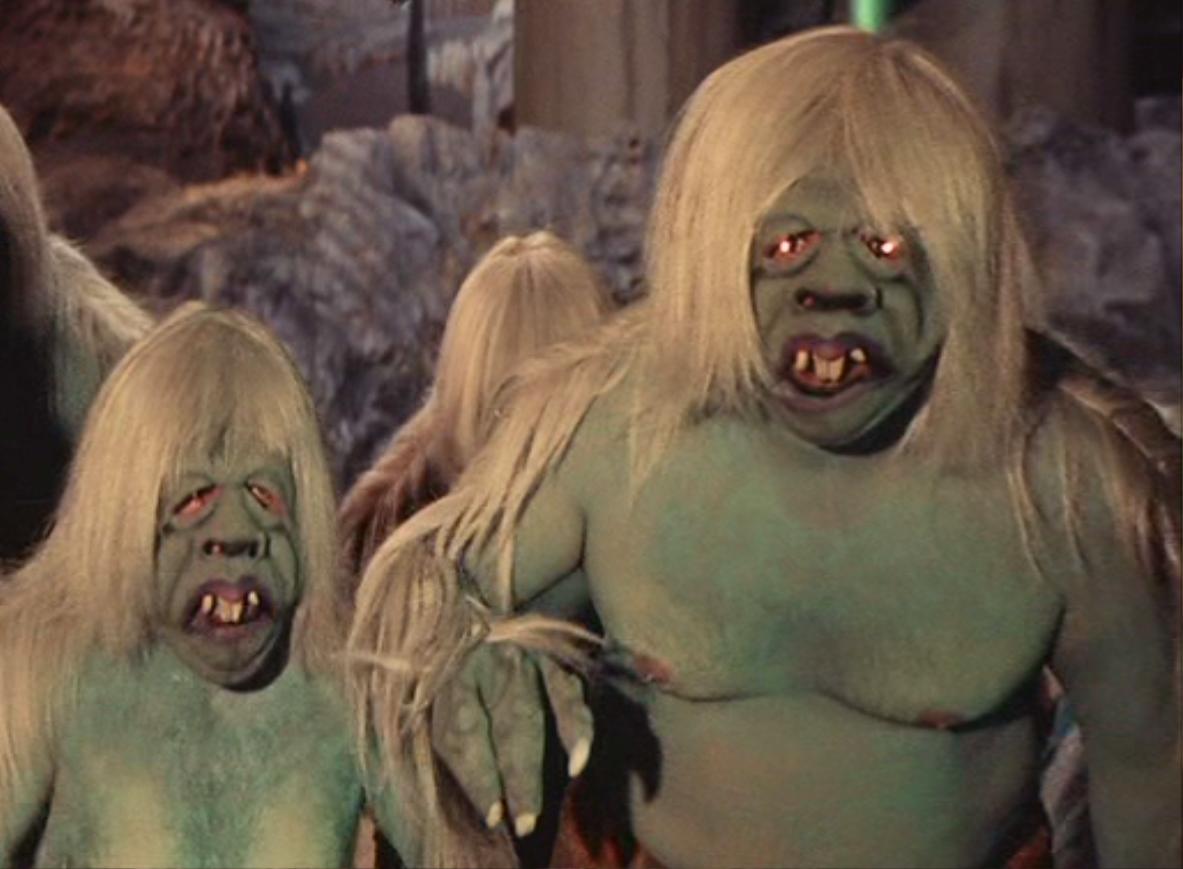So in class today we discussed a few of the demons who were introduced in
Paradise Lost. In my group, we were assigned the demon known as Belial ("worthless" in Hebrew). Through his description, I somehow managed to make the crazy connection that Belial could very well be the demon of introverted college students.
Now, before you click away or immediately think I'm stupid, crazy, or both, allow me to explain myself.
Belial is described as being extremely lazy, "timorous", and having quite a way with words. He is one of the more "humane" demons you will encounter in Hell. It seems as if all he wants to do is sit on his demon booty until such a time when God decides that they have gone through enough suffering and to let them back in heaven. Well, sit on his booty and make cookies that taste like sulfur no matter how many chocolate chips are added.
Now, as an introverted college student, I can personally say that this demon shares many of the qualities I think qualifies someone as being an introverted college student.
For one, there are only a select few college students who will not admit to being lazy. Those who deny being lazy are either lying or are somehow inherently lazy in some way. I mean, c'mon, how many times have you finished your classes and the primary thing you do is sit in your room and watch Maury, play videogames, check Facebook, etc? Or, even better, how many times have you been assigned a reading that is just not something you wanna do or had revising a paper as your only assignment and just blew it off because you were too busy watching dubstep cat on the internet? I mean, if lazy college students were the minority, I highly doubt there would be so many memes and other references to it as there are now.

Ok, so now that we got that out of the way, let's move on to timorous. For those of you who don't know what that word means, Google defines it as "showing or suffering from nervousness, fear, or a lack of self confidence". Now, I don't think this really needs much of a description, but I'll provide a little tid bit.
The definition of an introvert, also according to Google, is "a shy, reticent, and typically self-centered person". Now, that does not necessarily make such a person nervous, fearful, or lacking self confidence. It just means that an introvert prefers more relaxed and somewhat more solo based activities than extroverted people. That means group projects, speaking in front of a group, etc. would be a quite uncomfortable experience for an introvert. An experience that could possibly make some feel as if they are "suffering from a nervousness, fear, or a lack of self confidence", perhaps? I think you get the picture.
Personally, I think that if the fate of his current living situation wasn't being threatened with the possible war against heaven, Belial would be perfectly happy to avoid meetings like these and stay by the shores of the burning lake while baking chocolate chip sulfur cookies.
Ah, finally we have reached the last part of Belial's description: his way with words.
Now, as we discussed in class, Belial's words really hold no meaning. He may make some points, but they're really just his main point of "Aw, c'mon guys, do we really have to go do stuff? Can't we just stay in hell and wait this all out?". Belial's whole speech is pretty much what college students tell their teachers, parents, or whoever just to get their way. Say for instance it is a beautiful day outside and you really don't want to spend it in your tiny, stuffy, windowless classroom. You're probably going to try and persuade the teacher, as well as your fellow students, to go outside you might say:
"But Dr. Mitchell-Buck, I think we could get a better idea of exactly the paradise Satan lost if we read
Paradise Lost outside. I mean, the semester is already basically over and I'm sure nobody would mind. It really would be better than sitting inside all day because right after this class I have to write a 1,000 page research essay about mitochondria for my biology course. If we don't go outside, I may never see the light of day until the end of the year."
Was that a bit overdramatic? Yes, but hopefully you see my point.
So, I hope you see what I see now: Belial is the patron demon of introverted college students. Even if you don't agree with all of my points, I hope you can at least find a similarity with one, two, or 1.5 of them!


















